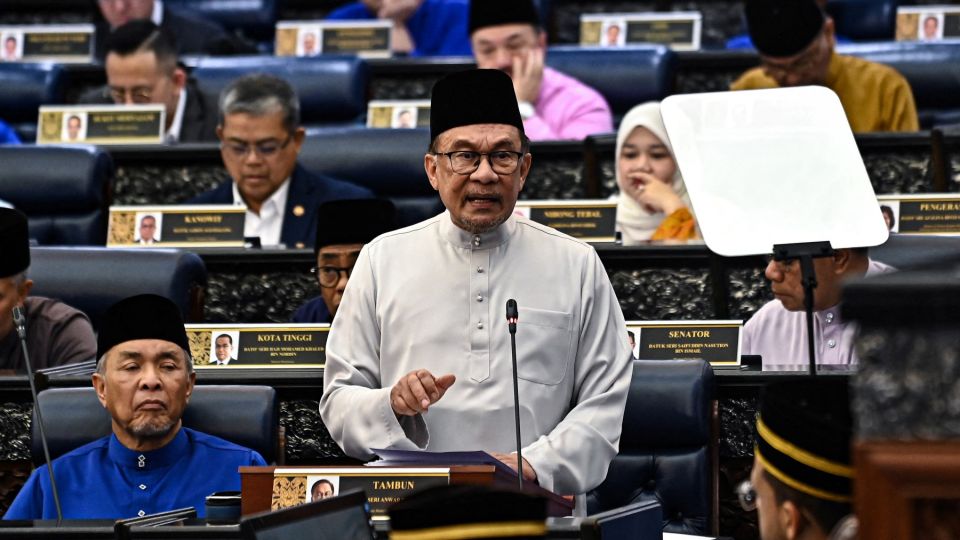October 10, 2025
PETALING JAYA – Economists are urging the government to prioritise tighter tax enforcement and more disciplined spending in Budget 2026 as it seeks to balance fiscal prudence with continued economic support.
While new or broad-based taxes appear unlikely, analysts believe greater enforcement and improved collection efficiency will be key to sustaining revenue momentum and narrowing the fiscal deficit.
Centre for Market Education chief executive officer Carmelo Ferlito said avoiding introducing new taxes was the right thing to do, and the government should instead focus on refining the current fiscal system through moderate reforms and stricter enforcement.
“Avoiding new taxes is a wise choice. Streamlining the current fiscal system with slight reforms and better enforcement is the way to go.
“The government should focus not on boosting revenues but on rationalising spending, which is the best way to promote sustainable and non-inflationary growth,” he said when contacted yesterday.
Budget 2026, which will be tabled today, will serve as the inaugural budget under the 13th Malaysia Plan, the country’s next five-year economic roadmap, and marks Prime Minister Datuk Seri Anwar Ibrahim’s fourth federal budget since assuming office in 2022.
The government is also expected to present an expansionary budget that would be bigger than 2025, which was RM421bil, as the government finds ways to stay the course on fiscal reforms to narrow the deficit gap.
Kenanga Research, in its pre-budget note, said Budget 2026 is likely to maintain its consumer-supportive stance, with a focus on cushioning households against cost-of-living pressures while preserving fiscal stability.
It expects targeted relief measures for the middle-income (M40) group, while broad-based tax cuts remain improbable.
Meanwhile, additional cash transfers under the Sumbangan Tunai Rahmah (STR) programme are anticipated, alongside possible “good news” for civil servants, following calls by the Congress of Unions of Employees in the Public and Civil Services for a one-month bonus, the first since 2012.
Kenanga Research also sees potential allocations for tourism development in line with Visit Malaysia 2026, which could indirectly benefit consumer-related counters.
“Any measures that increase disposable income among lower and middle-income households could support mass-market spending and underpin consumption-driven sectors,” it said, maintaining a neutral stance on the consumer sector.
Putra Business School Prof Dr Ahmed Razman Abdul Latiff said the government will sustain its finances by continuously enhancing and improving the current tax structure to make it more efficient in terms of collection and to cover a broader base.
“Increasing enforcement on tax compliance will happen, but the higher amount of tax collected will far outweigh the cost of increasing enforcement,” he said.
Associated Chinese Chambers of Commerce and Industry of Malaysia (ACCCIM) treasurer-general Datuk Koong Lin Loong said the recent subsidy rationalisation measures, including the Budi Madani RON95 (Budi95) and diesel rationalisation programmes, are expected to generate substantial fiscal savings that will enhance revenue efficiency and support ongoing consolidation efforts.
He added that the rollout of e-invoicing would further support this effort.
“So even without introducing new taxes, the government can strengthen compliance and optimise its financial resources for other priorities,” he said.
Previously, analysts projected that savings of about RM4bil to RM6bil from fuel subsidy rationalisation would be re-channelled into social aid programmes, particularly STR and Sumbangan Asas Rahmah (Sara) cash transfers for lower-income households.

